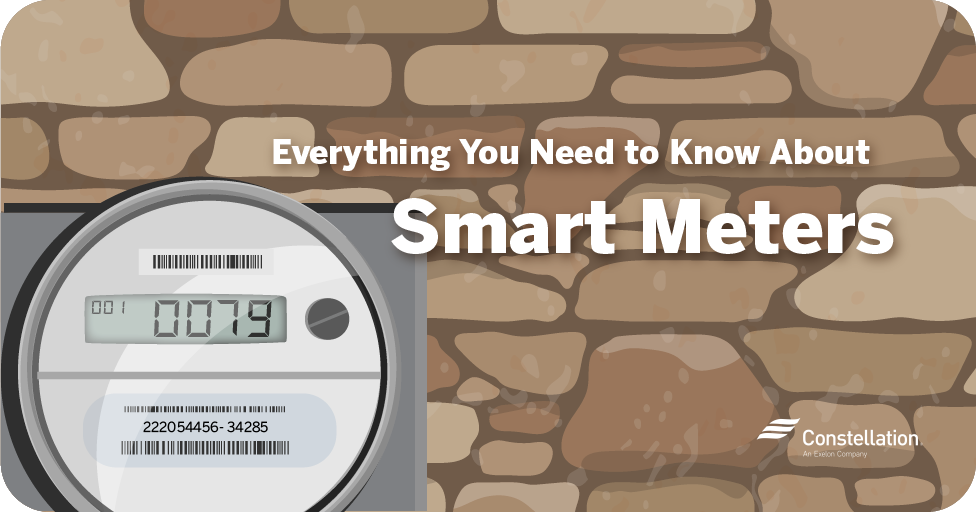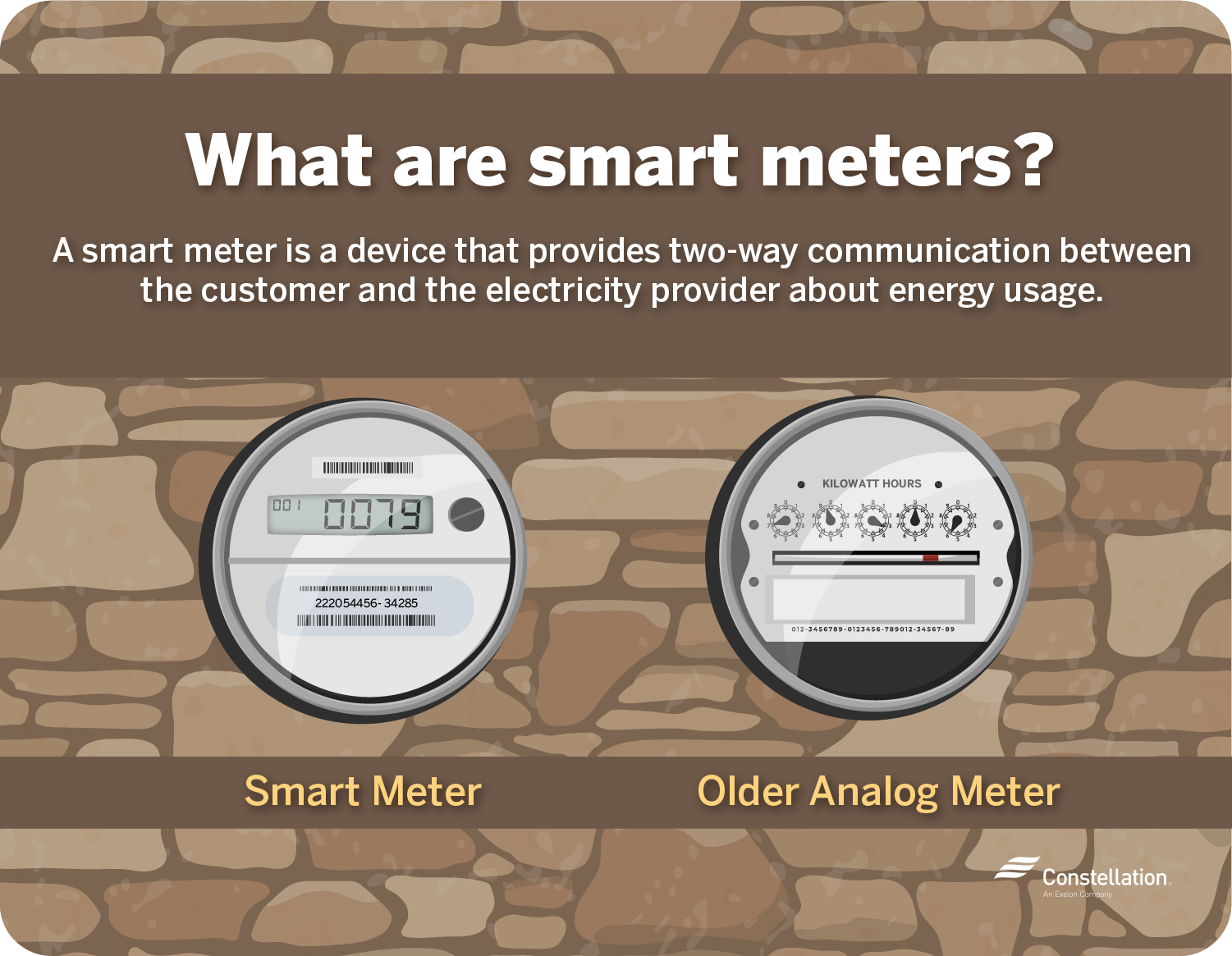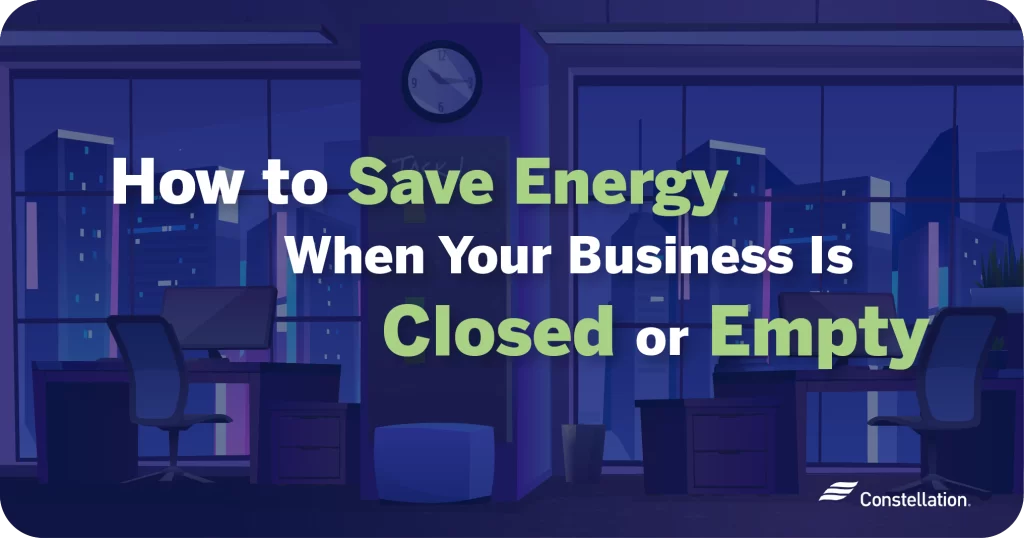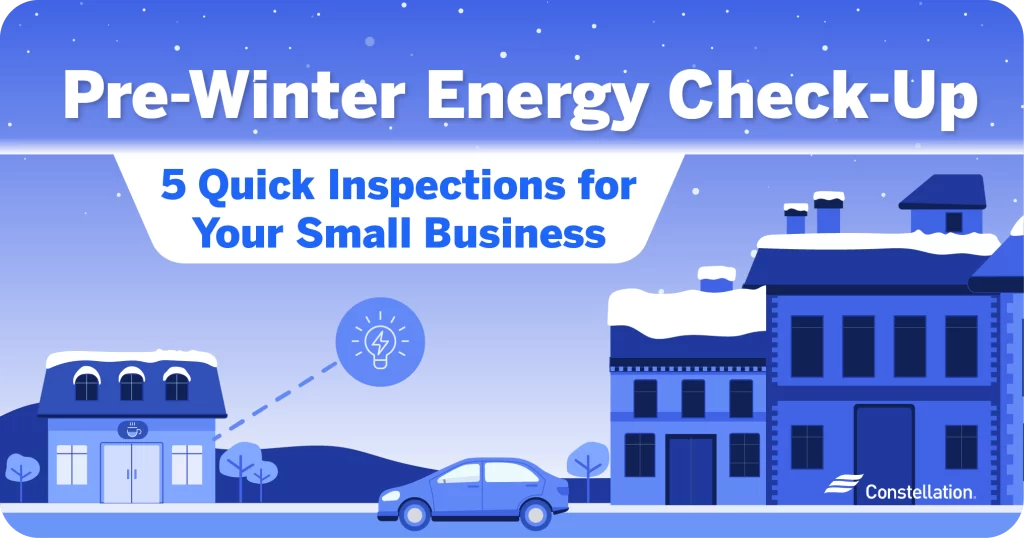
- Category:
Home Energy Savings -
Last updated:
February 16, 2021
Everything You Need to Know About Smart Electricity Meters
As the electric grid ages in the United States, there’s a revolution underway to make the old grid “smart.” Part of that leap is the mass installation of smart electric meters in American homes. These smart meters connect your house to your electricity provider, and vice versa, bringing benefits to you, the grid and even the planet. Here, we’ll learn more about smart metering for customers of electricity suppliers.
What is a smart meter?
A smart meter is a device that provides two-way communication between the customer and the electricity provider about energy usage. Smart meters — meaning digital electric meters, advanced metering or smart electric meters, as they are sometimes known — are not the same thing as automatic meter reading (AMR). Remote reading of electric meters has existed for a while, but it wasn’t two-way, nor did those devices provide the same smart meter features.
What smart meters measure is your electricity usage in kilowatt-hours (kWh), but they can do so much more. For instance, they can alert your utility right away if the power goes out. Additionally, smart electric meters have the potential for easier tracking of your electricity usage from day to day. This opens up the possibility of making quicker adjustments to keep your energy bill from being too high.

Does a smart electricity meter need Wi-Fi?
Smart meters can connect your house to your energy supplier without Wi-Fi. The exact method of communication depends on where you live and your utility and/or provider; it can vary from wireless networks to sending data via power lines.
But smart electric meters also have the potential to send information to you through a home hub, energy management system or other in-home display. For that, they may use wireless or power line communication, but many don’t need to use Wi-Fi.
Do smart meters help you save money?
Smart electric meters have the potential to save you money by showing your energy usage in close to real time via a connected display. That means more control over how you use electricity. States and localities have different rollout programs for their advanced grids, but plans are in the works to make that monitoring technology more widely accessible.
Similarly, smart meters are intended to be paired with other smart devices, such as smart thermostats, to adjust them automatically for better energy efficiency or turn them off entirely. The potential for control and savings are two of the most notable benefits of smart meters.
The potential benefits of having a smart electric meter
Digital electric meters come with many potential advantages, like convenience, control and savings. The following are some of the smart meter benefits you could enjoy as the technology becomes available in your market:
- Detect outages faster than with normal meters. A smart meter will connect your house to your electricity provider. So, if the power goes out, a message is immediately sent out and repair crews can be dispatched that much quicker.
- Achieve greater control and understanding over your electricity use. Advanced metering can help you better understand your electricity bill by showing you how much electricity you’re using at any given time of the day. It can help reveal power-hungry appliances and point toward ways to stop wasting energy at home.
- Eliminate estimated billing. With a smart meter, you connect your house to your energy provider, so they’ll bill you exactly what you used. Remote reading of electric meters means no more estimates!
- Pair with other smart devices. One of the most exciting smart meter features is their potential to connect with other smart devices in your home network for greater convenience and control. Many of these electric meters can adjust thermostats or turn off appliances.
- Able to participate in more time-of-use plans. If your energy supplier offers special plans where electricity is cheaper on certain days or at certain times, such as free nights and weekends, a digital electric meter may be needed.
- Give your power company a clearer view of the whole grid. One of the biggest benefits of an advanced metering infrastructure (AMI) is that times and locations of greater demand are revealed. That means your utility is better able to meet customers’ needs.
- Reduce overall energy use for everybody. The more people who use smart electricity meters to save energy, the less strain there is on the system and, potentially, the fewer fossil fuels are burned. That means more sustainability, less pollution and a better world.
Are smart electricity meters available in your market?
By 2019, about 83.5 million residential electricity customers — more than half of all residential customers in the United States — had smart meters for their homes. Your electric utility will provide it as part of their regular service if it’s offered in your market. Depending on state and local laws, you may be able to opt out, but then you might be charged additional fees.
Constellation’s utility partners currently offer smart metering for customers in Maryland and Texas. This is part of a continuing effort to upgrade the national infrastructure to a smart grid.
How do I know if I already have a smart meter?
Older electric meters are analog, meaning you can see the dials through the glass, turning at different speeds. You’ll see a digital display on smart meters, meaning it’ll be an LED screen with no dials. If you’ve had your electricity meter replaced recently, there’s a good chance it’s a smart meter. But if you’re still not sure, contact the customer service department of your electric utility. That information may also be on your monthly statement.
What does it cost to get a smart electric meter?
You can’t buy advanced metering on your own. This technology upgrade is distributed by your electric utility as part of their service. The direct cost of AMI is largely borne by utilities and states in their efforts to modernize the grid. However, some small portion may be passed to the customer in their monthly bill.
As we swap out our aging electrical infrastructure with more advanced technology, smart meter features are no longer tantalizing what-ifs but modern realities. Real-time, two-way communication between customer and electricity provider ushers in new standards of control, convenience and energy efficiency and savings. And as the number of customers with smart meters grows, those improvements translate into a cleaner, more sustainable environment for all of us.




